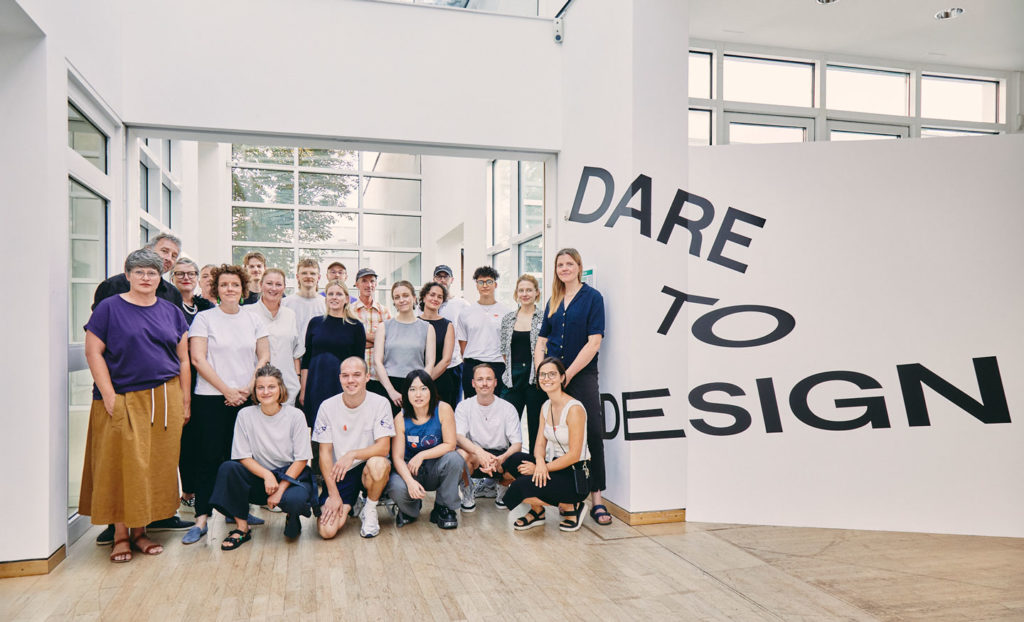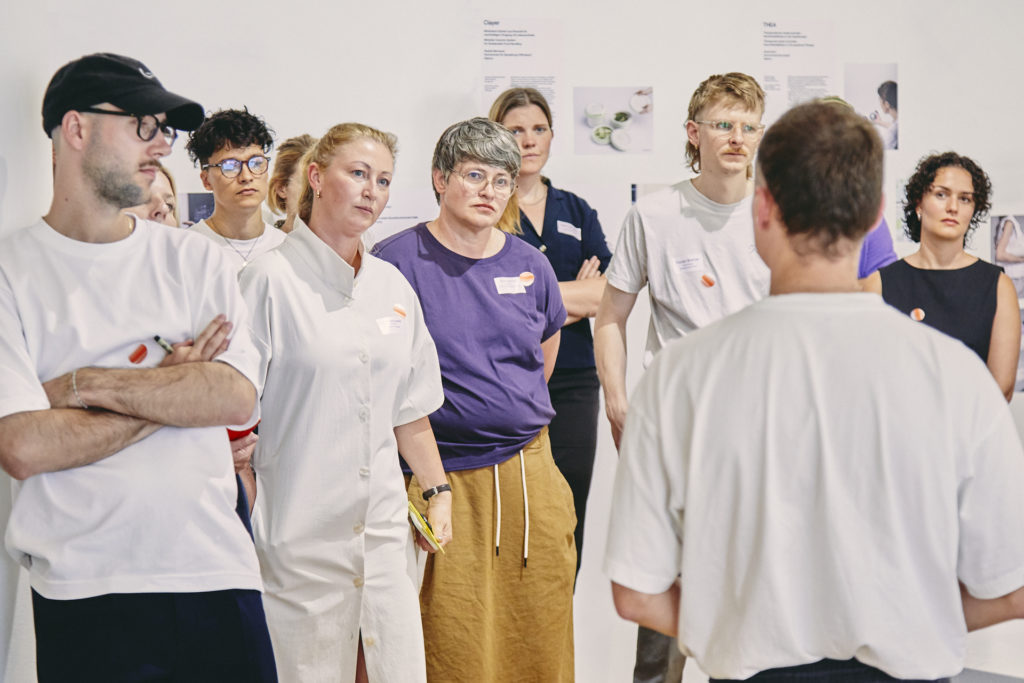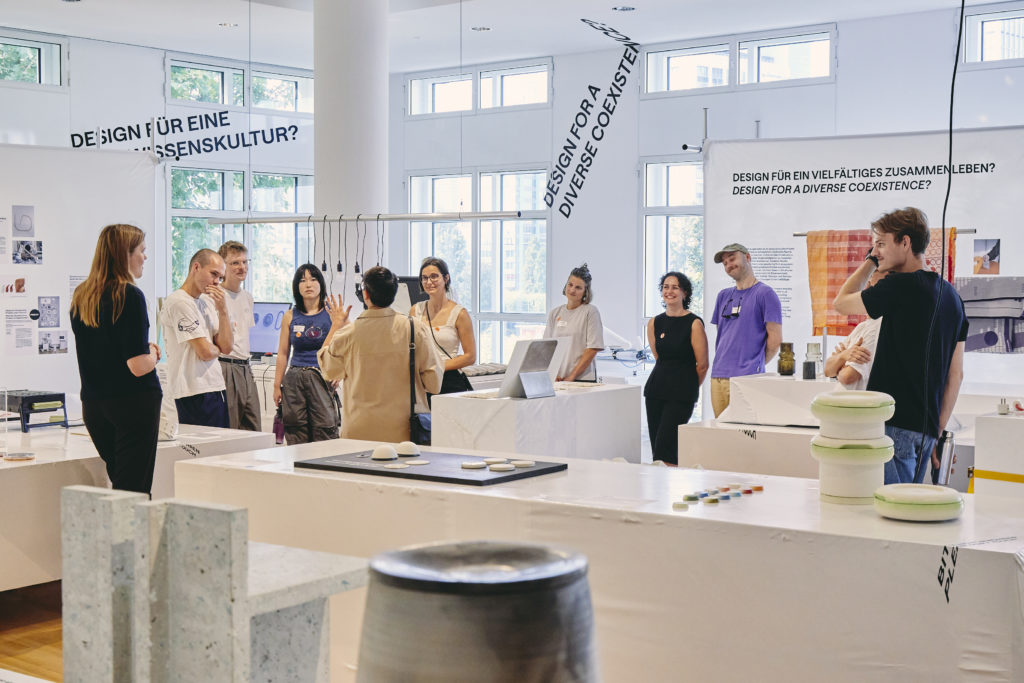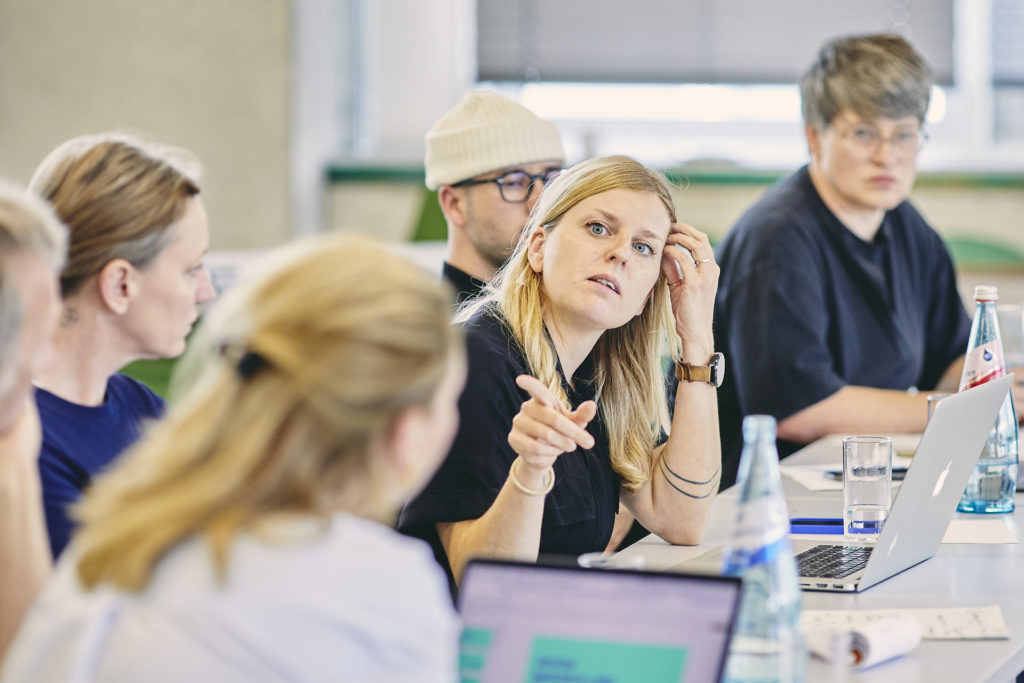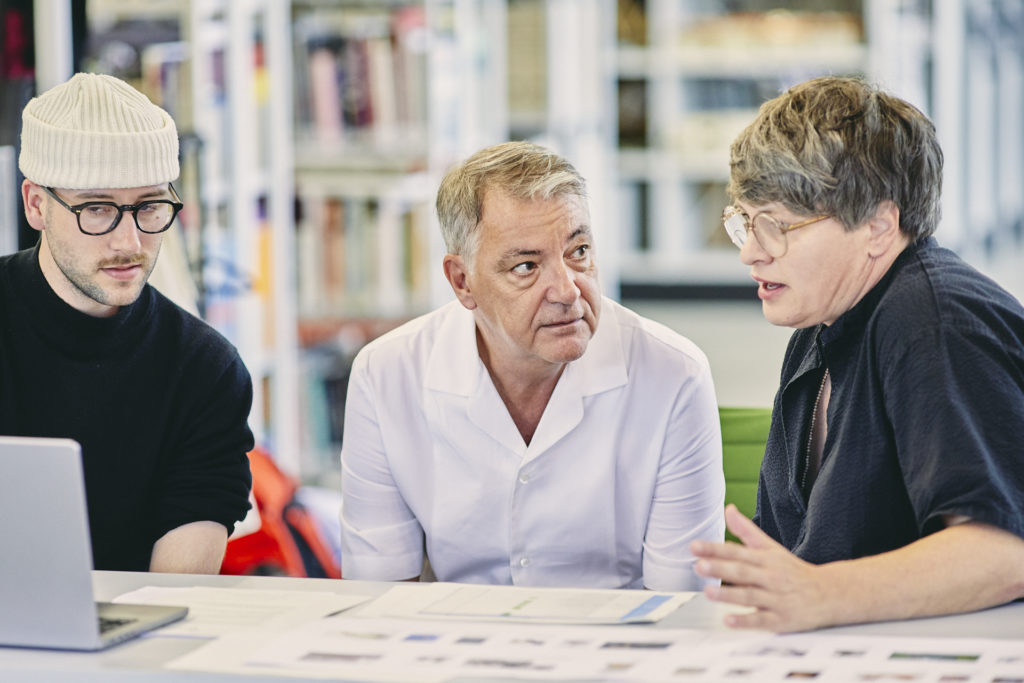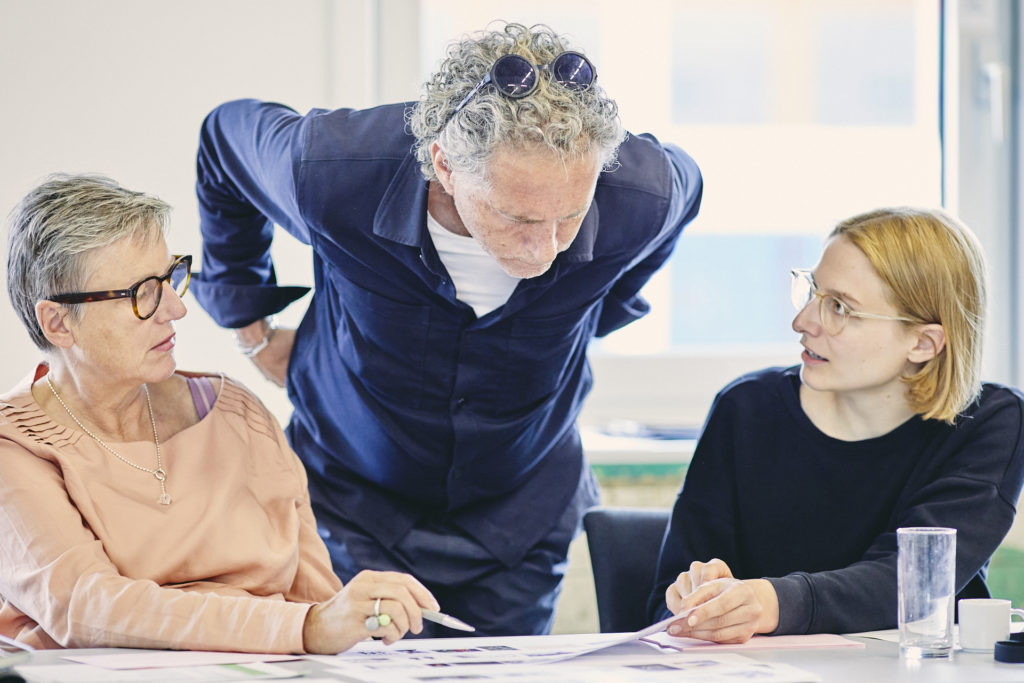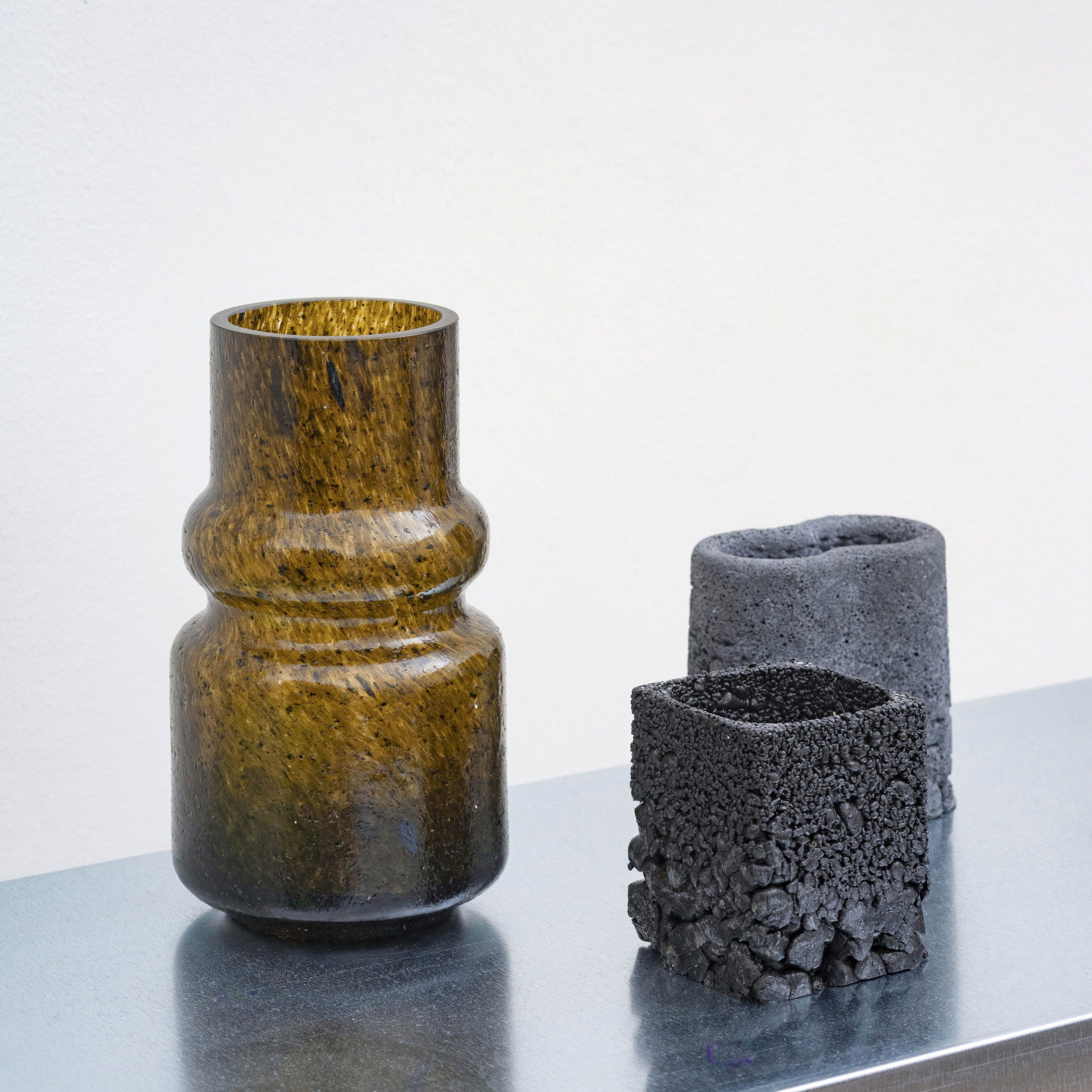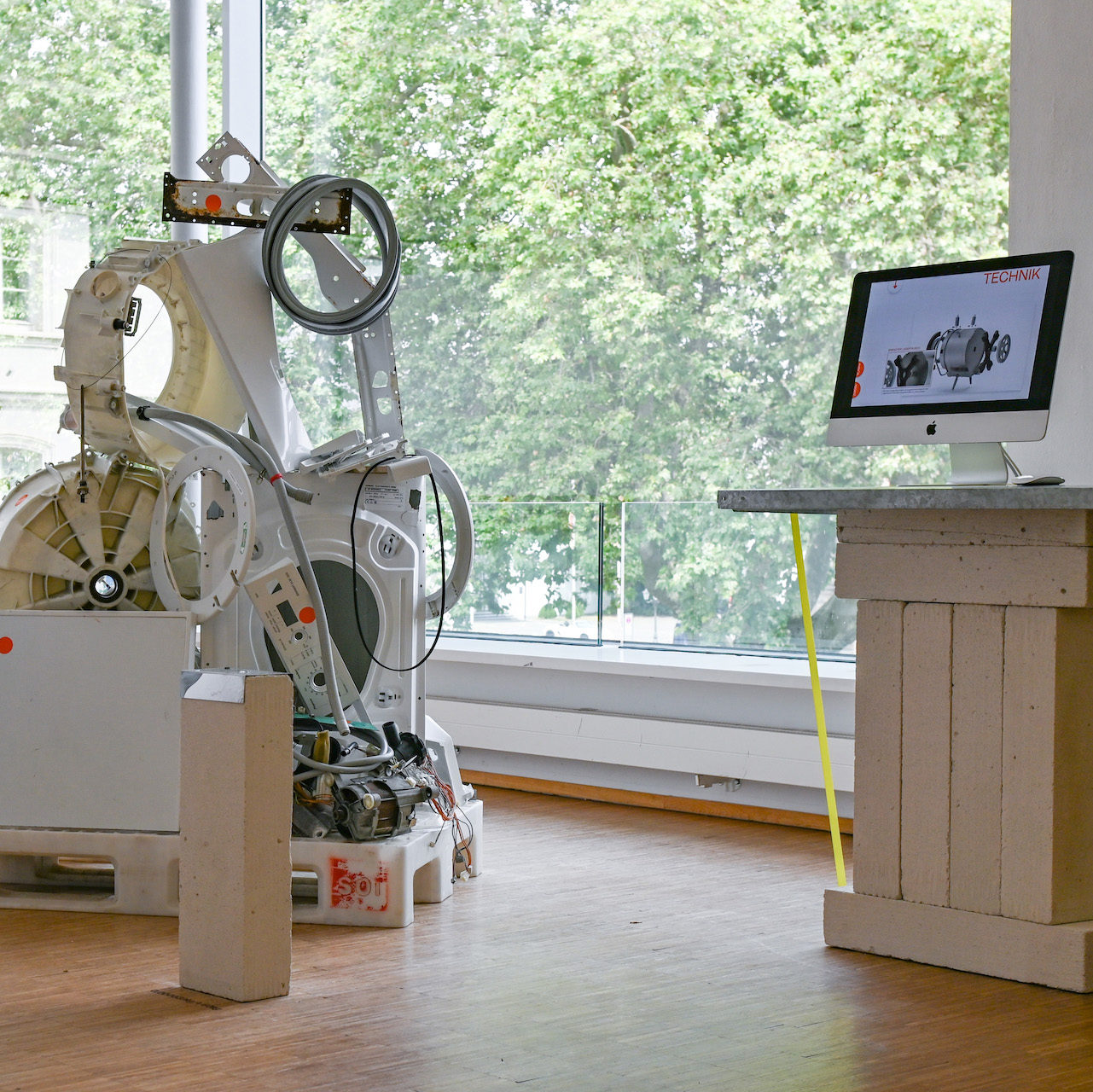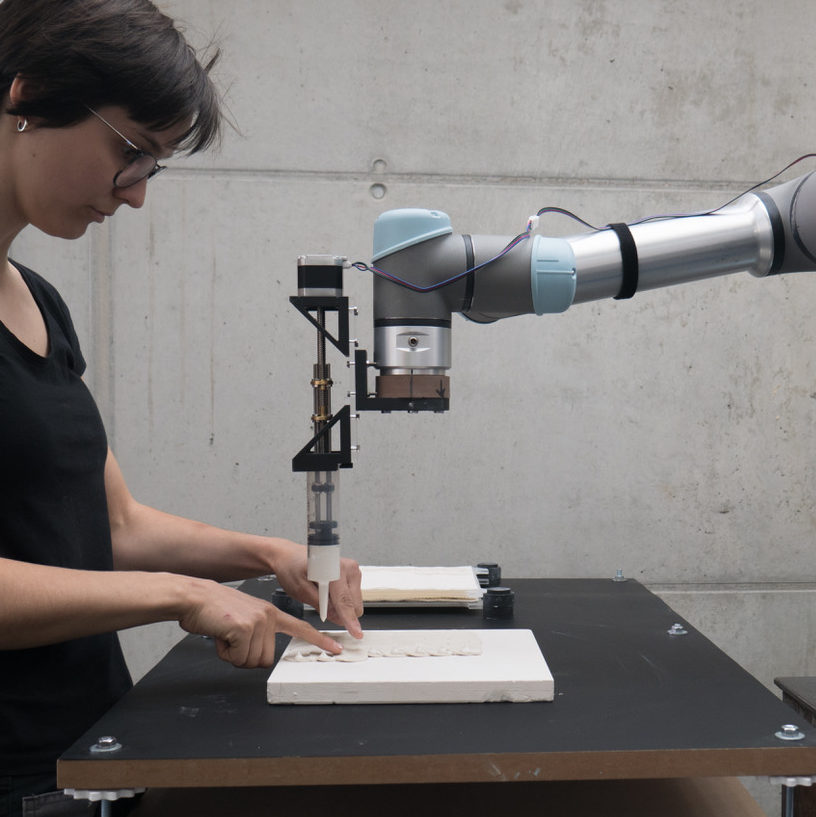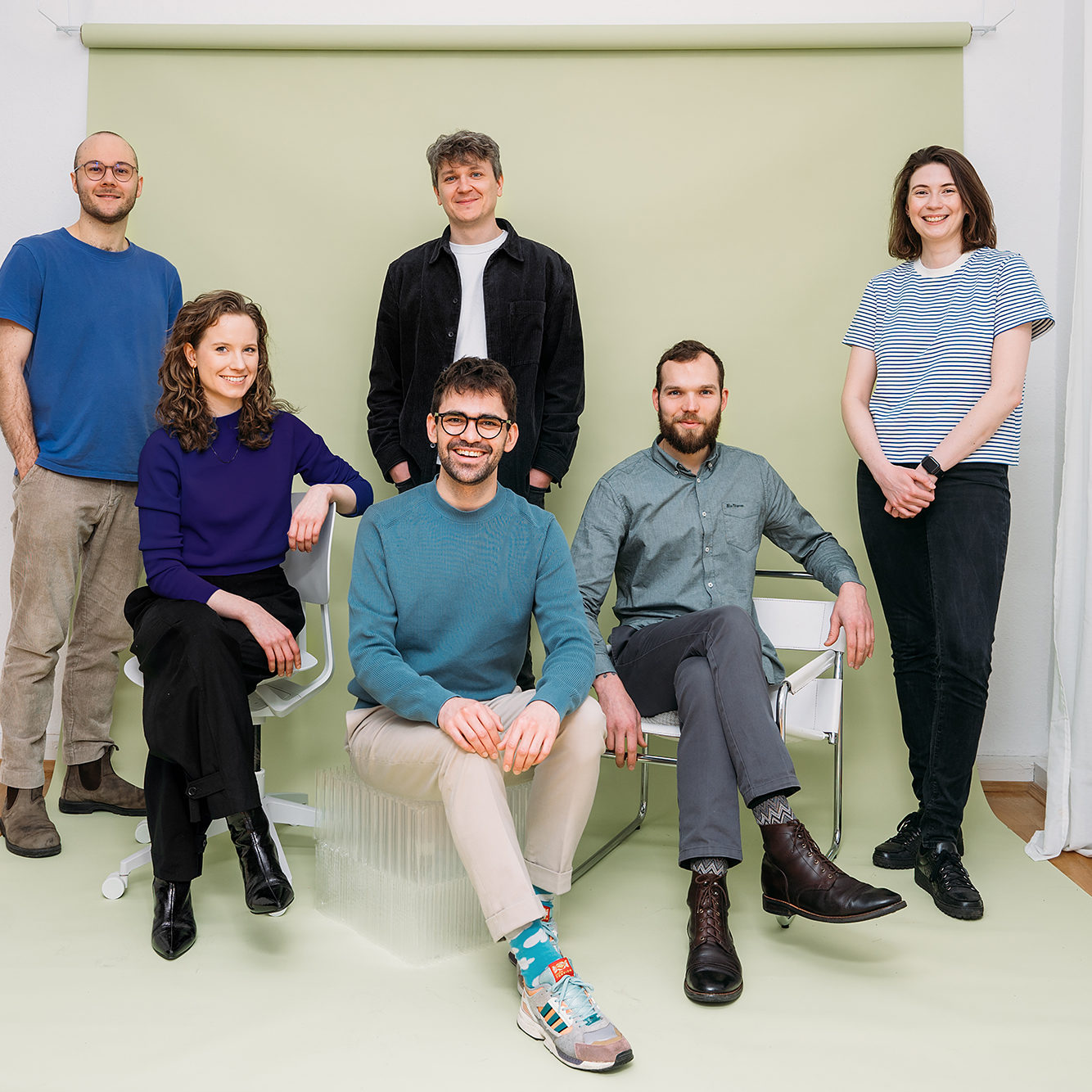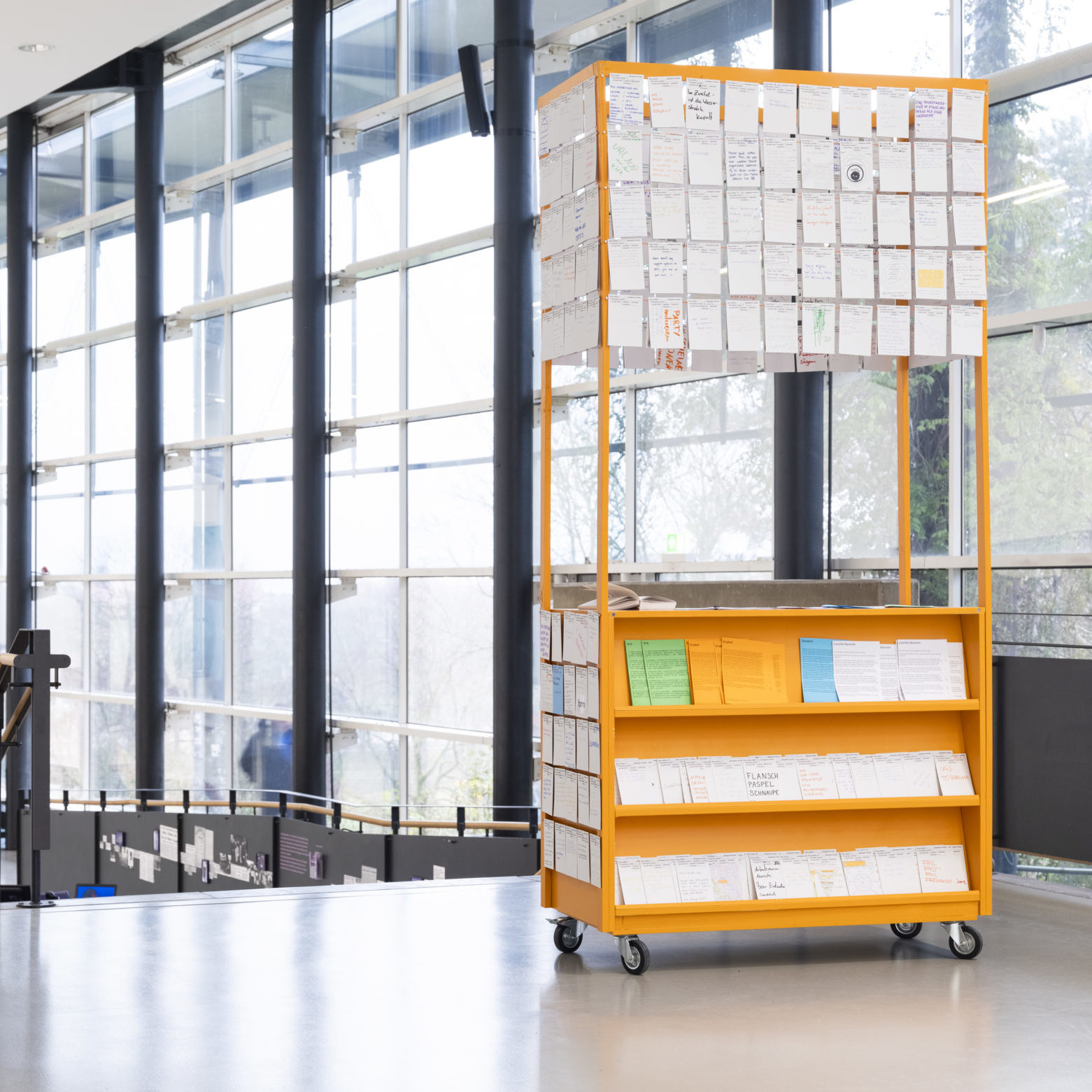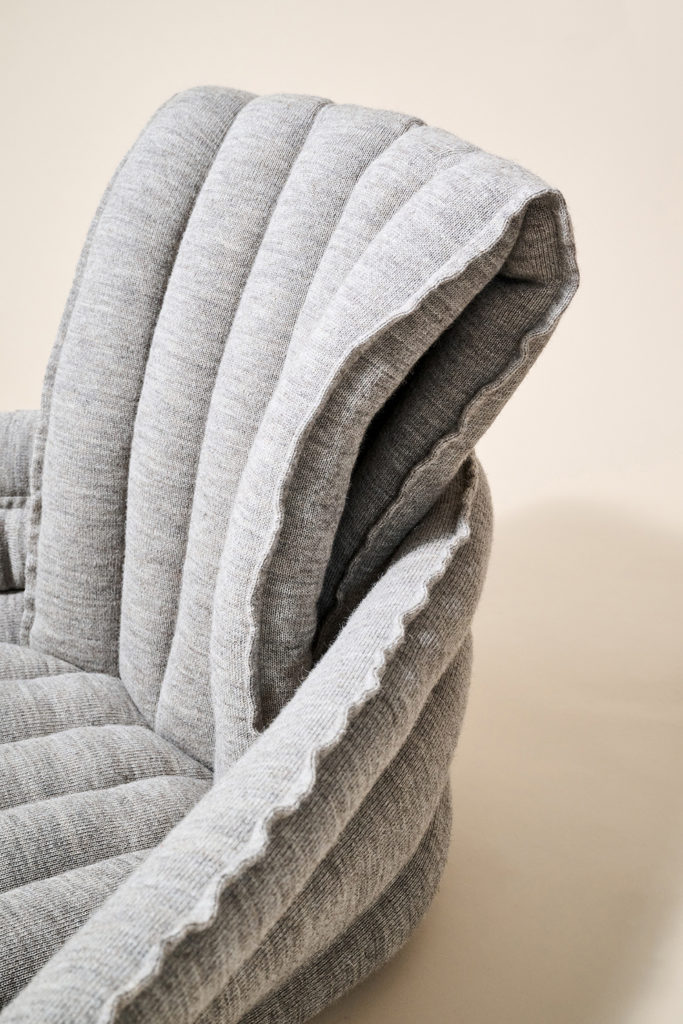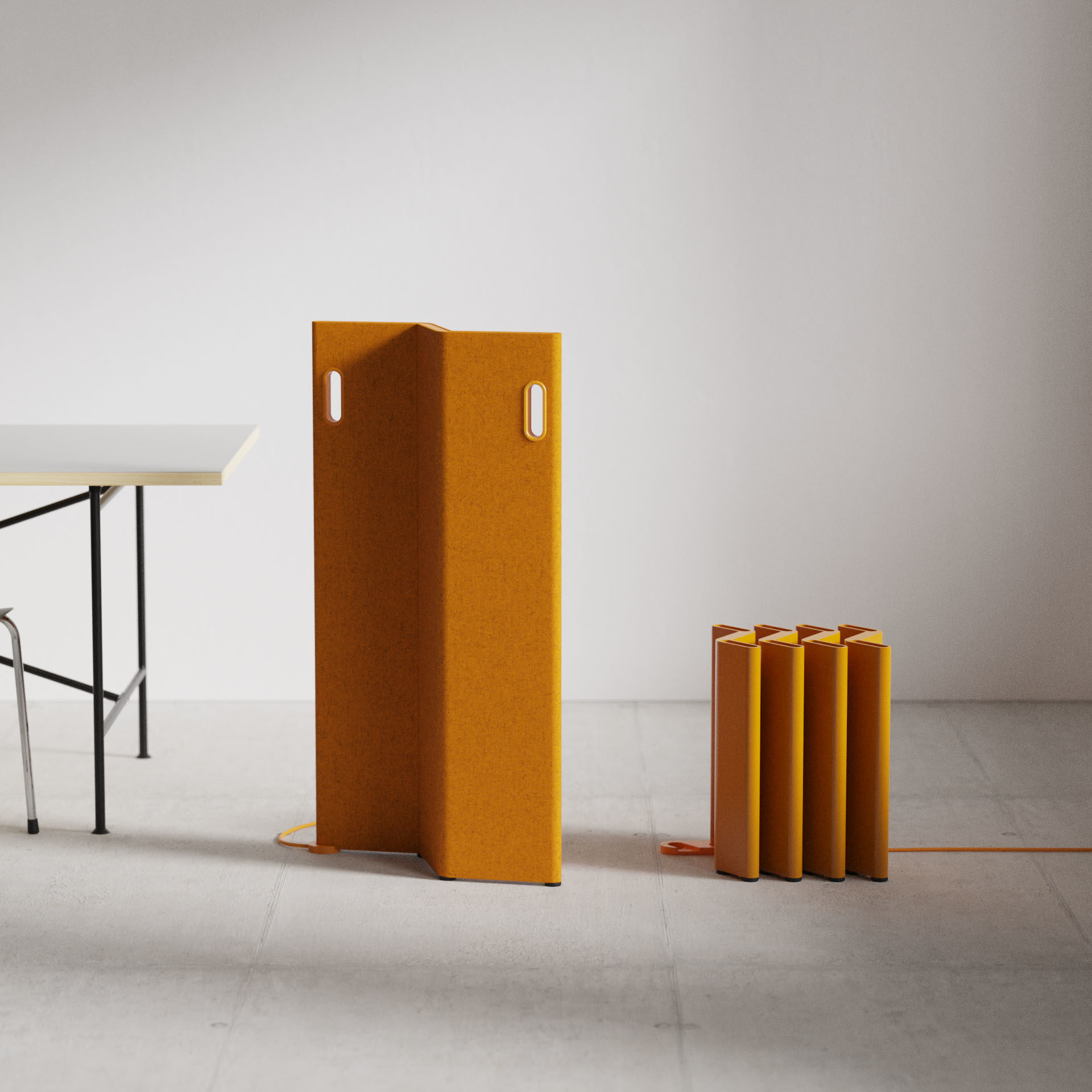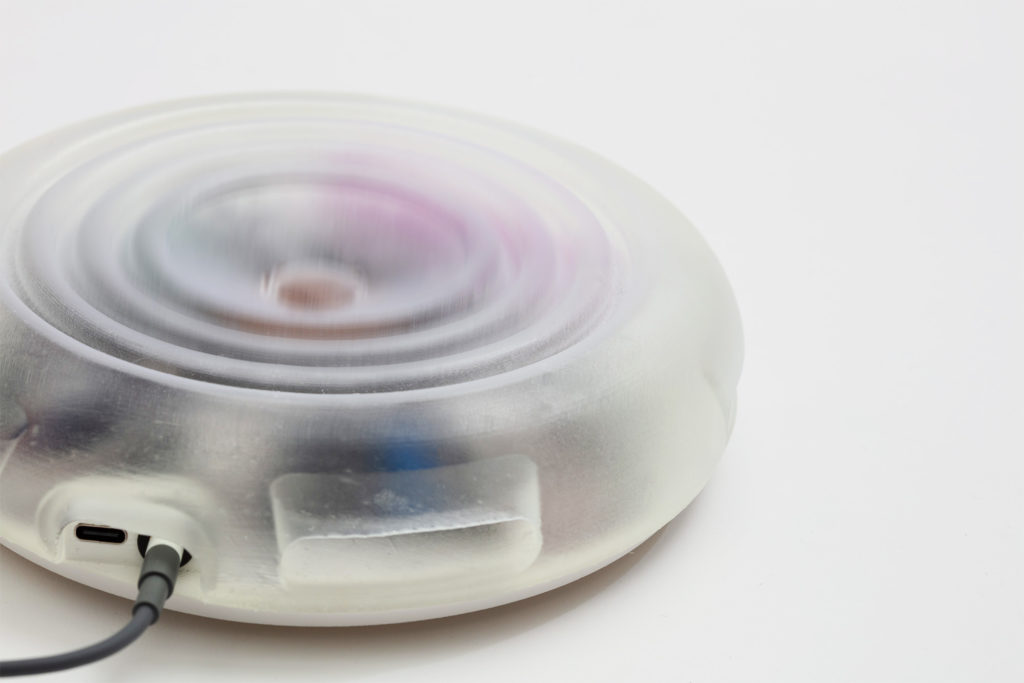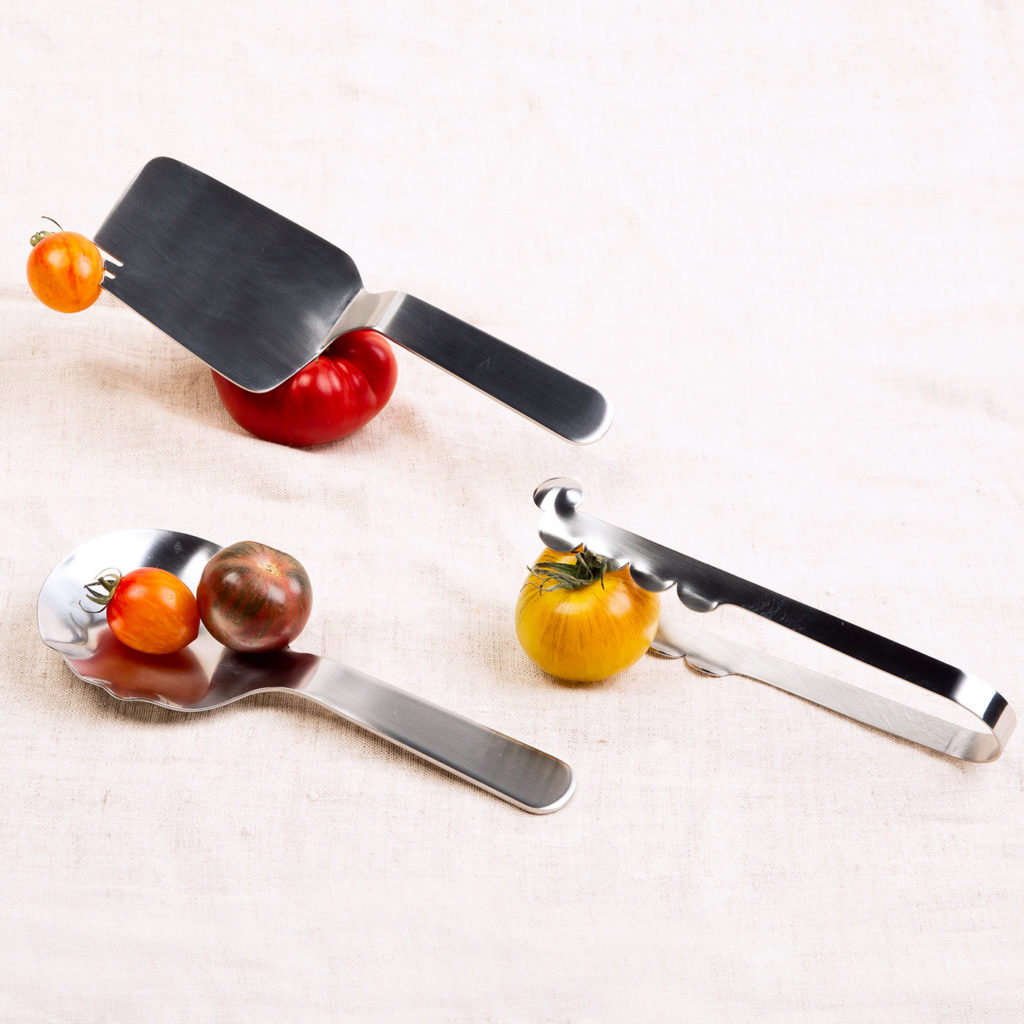AWARDS 2024
In 2024, the German Design Graduates Awards initiative will once again be presented. The prizes are endowed with €2,500 each and sponsored by the German Design Council Foundation.
The award ceremony will take place during the opening of the exhibition at the Museum Angewandte Kunst.
Awards
The projects of the four winners reflect the innovative power that design can have in social and economic change processes in a particularly impressive way.
DESIGN FOR A NEW KNOWLEDGE CULTURE And A SUSTAINABLE PRODUCT CULTURE
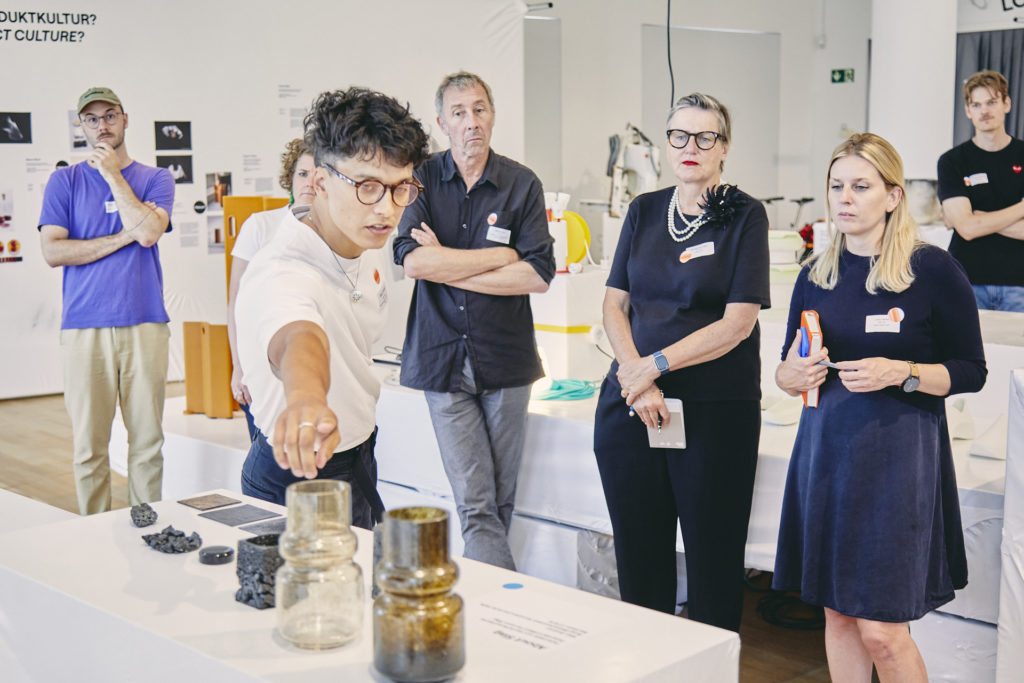
About Slag
Max Greiner
Burg Giebichenstein Kunsthochschule Halle
For his objects, which move between product and experiment, Max Greiner used the complex material of blast furnace slag to produce a glass mass, which he processed in different processes. The project resulted in a close exchange between industry and craft, the results of which suggest that the newly developed process can be scaled up.
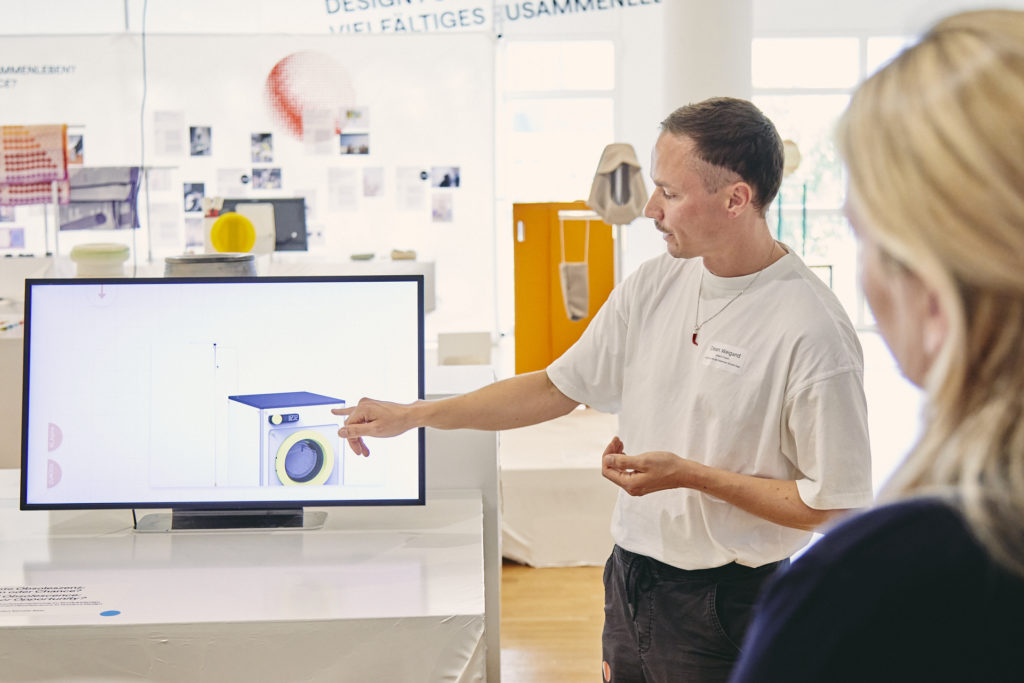
Geplante Obsoleszenz, Problem oder Chance?
Dean Weigand
Hochschule der Bildenden Künste Saar
As part of his final thesis, Dean Weigand showed that a defective electronic component in a washing machine weighing 0.000839 kg leads to a barely recyclable mountain of scrap weighing over 60 kg. Through in-depth research, he discovered that the wear and tear of the part had not been factored into the design and looked for economically viable solutions.
DESIGN FOR A DIVERSE COEXISTENCE
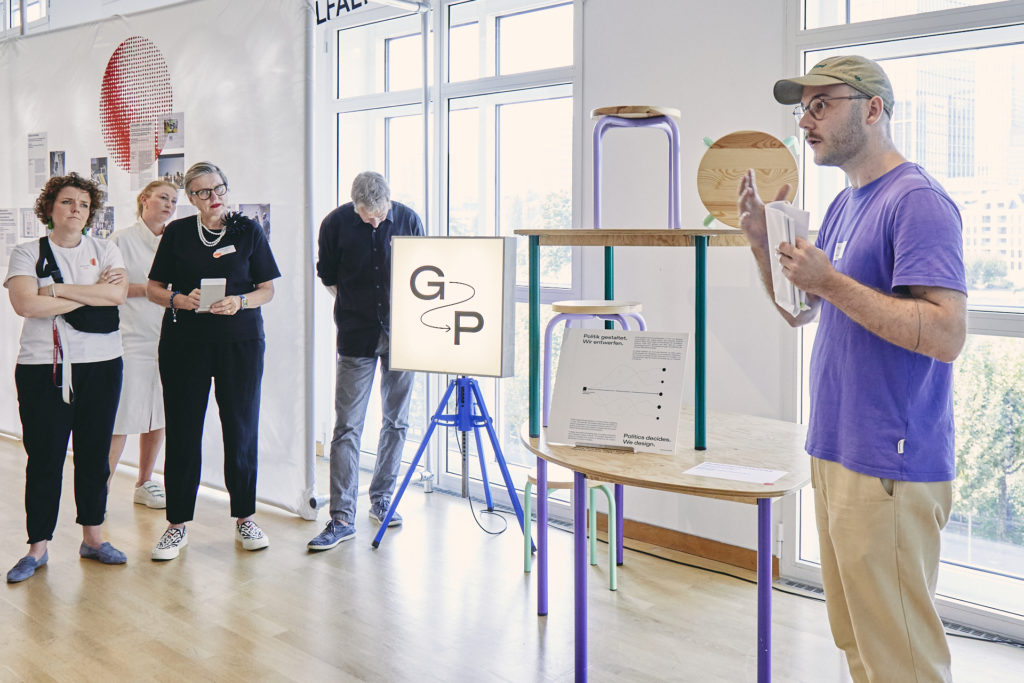
Gestaltungszentrale Politik
Philipp Cartier with Frederik Kampe, Jule Helene Leinpinsel, Robert Schröter. Lisa Heinze, Norbert Lein
Hochschule für bildende Künste Hamburg
‘Gestaltungszentrale Politik’ e. V. examines the relationship between politics and design. In order to gain a precise understanding of everyday political life and these processes, the initiative is working on two pilot projects with members of the Bundestag and political scientists. The aim is to bring about a sustainable change in the design culture in political creative processes so that different perspectives and approaches to solutions lead to democratic decisions in the interests of the common good.
DESIGN FOR PRACTICAL SOLUTIONS WITH RESPONSIBILITY
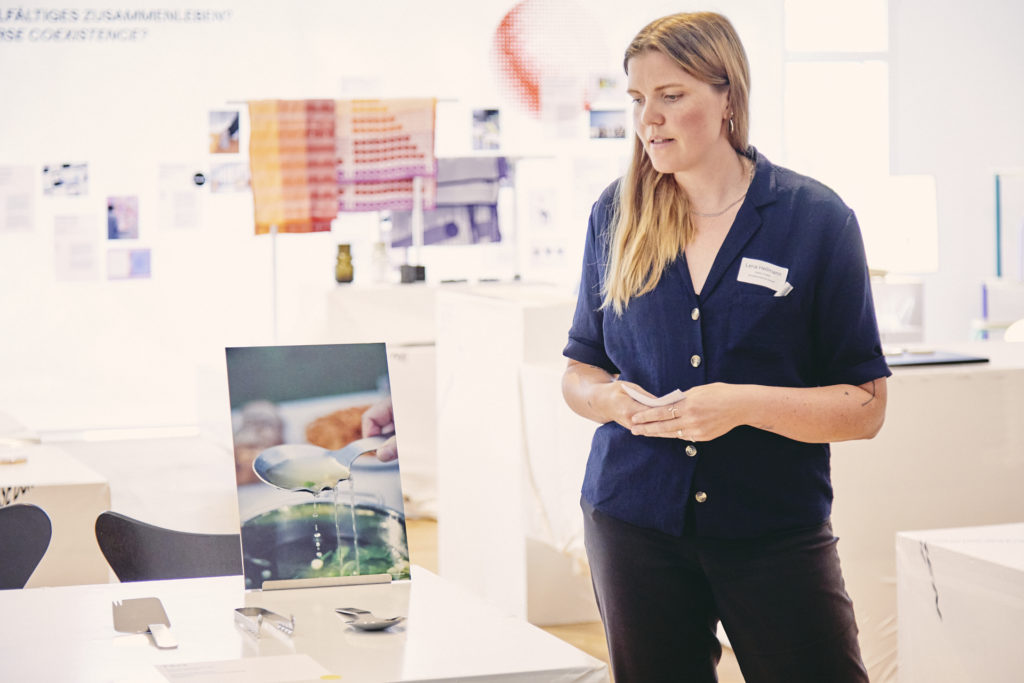
TAG
Lena Hellmann
Kunsthochschule Kassel
The table tools designed by Lena Hellman encourage shared experiences and social interaction in equal measure: A spoon with indentations or reworked tongs encourage sharing. With the help of 3D printing, the designer developed a cost-efficient production process with an experimental design. The objects were produced in cooperation with the manufacturer mono.
FinalistS
The eleven finalists of this year’s German Design Graduates, which were selected by an expert jury in a multi-stage process from a total of 220 submissions, reflect the innovative power that design can have in social and economic change processes. The projects are categorised into four key areas:
DESIGN FOR A NEW KNOWLEDGE CULTURE
The question of what we really need is prompting many designers to undertake in-depth research and study.
The research role of design in this area is as diverse as the concepts themselves. While some use scientific methods such as analysis, experimentation and observation to gain new insights, others use intuitive methods to achieve freer thinking through association. Research can be done for design or by design: The former means that insights are used to inspire designs. The latter means that the understanding of a condition leads to an improvement in the form of a design. Repeating and testing actions several times leads to an approximation of the solution.
Jury
Dr. Andrea Augsten, strategist and design researcher, DGTF
Lynn Harles, Studio Harles
Stephan Ott, Director Institute for Design Research and Appliance
DESIGN FOR A DIVERSE COEXISTENCE
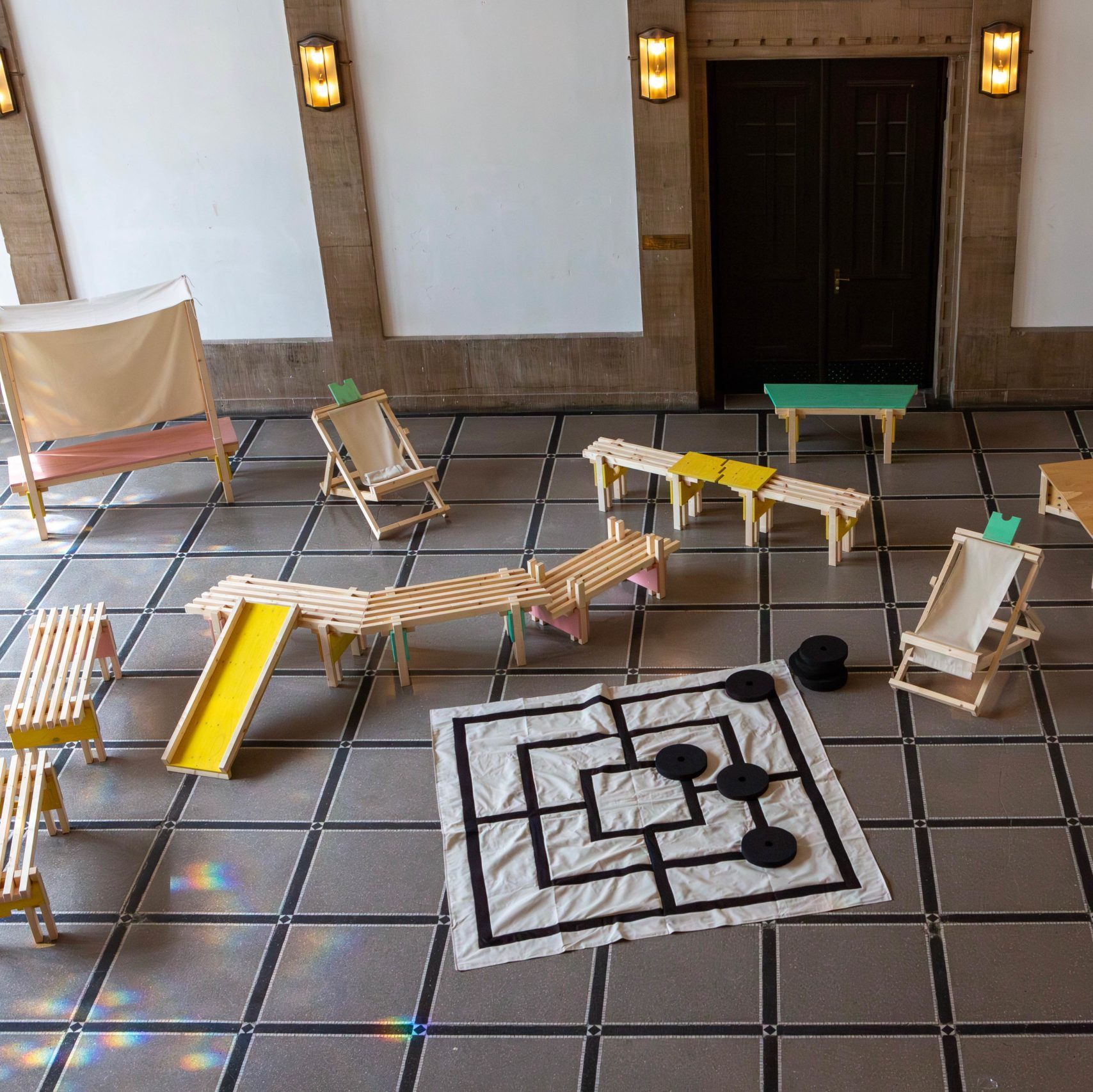
Das Probesitzen am Hansaplatz
Irini Schwab mit Anna Ulmer, Tina Henkel, Maren Hinze
Hochschule für bildende Künste Hamburg
Shaping society is a challenging project: it means enabling participation, making urban spaces accessible to all, questioning institutional structures and responding to social injustice. And there’s more: It means recognising diversity, breaking traditional patterns, getting involved politically or socially engaged.
In an increasingly confusing world, designers intervene with their ideas in structures and systems. They deal with empowerment, the common good, democracy, ecology and participation, and create solutions for living together in diversity.
Jury
Barbara Lersch, World Design Capital Frankfurt RheinMain 2026
Viktoria Lea Heinrich, Product designer und curator MK&G Hamburg
Prof. Kris Krois, Free University Bozen-Bolzano
Rosario Talevi, architect, curator and writer
DESIGN FOR A SUSTAINABLE PRODUCT CULTURE
The design of a product starts with many questions. Especially when the focus is on utility: Do we really need it? Who will it help? What resources and processes can be
used to make it? Finding answers to these questions is a prerequisite for designers who implement sustainable and recyclable products. The projects create systems in
which nature and technology are compatible. Where less needs to be produced and consumed. Where people are more resilient to climate change. And where production
can be carried out with the same benefits but using less energy.
Jury
Anniek Timmermann, PCH INNOVATIONS
Daniela Bohlinger, BMW Group
Werner Aisslinger, Studio Aisslinger
DESIGN FOR PRACTICAL SOLUTIONS WITH RESPONSIBILITY
Practical solutions that make everyday life easier. Products that focus on the benefits for the consumer. Or objects that leave room for creativity and poetry: Responsible design puts the user at the centre and reduces function and design to the essentials. Aspects of sustainability and quality are not lost, but are equally important factors in the creative process.
Jury
Nicolas König, architect & German Design Award Newcomer 2024
Nicola Stattmann, OMC°C and Stattmann Furniture
Matthias Wagner K, director Museum Angewandte Kunst, Frankfurt am Main

